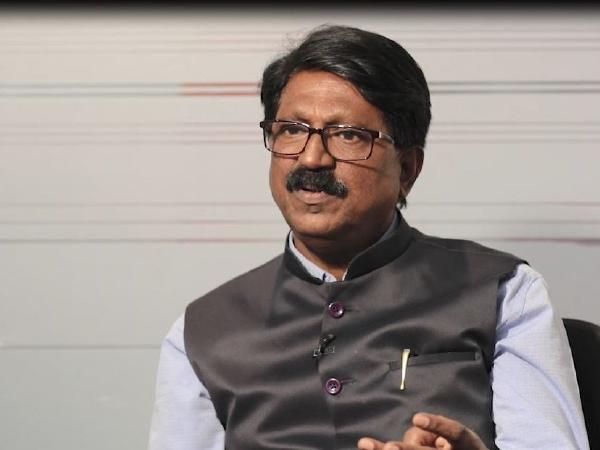New Delhi, July 26: India’s transition towards electric mobility should not result in a fall in employment opportunities in the country, Minister for Heavy Industries and Public Enterprises Arvind Ganpat Sawant said on Friday.
Speaking at an event organised by industry body Assocham, Sawant said that his ministry had received requests for 15,000 buses from 14 different towns for availing incentives under the the Fame Scheme Phase II.
Some internal combustion engine auto makers told me that these engines need more spare parts, leading to more employment opportunities in auto ancillary industries.
“In case of the electric vehicles (EVs), spare parts components will be less, so the employment will be less,” he said.
Stating that India wants to create more job opportunities, the minister said, “It (the transition to electric mobility) should not result in employment opportunities going down.”
Government think-tank Niti Aayog has planned complete transition to EVs for three-wheelers by 2023 and two-wheelers with an engine capacity less than 150 cc by 2025.
The auto industry has been asked by Niti Aayog to conduct a study through an external agency for road map towards electric mobility.
Speaking at the same event, Principal Consultant at Niti Aayog, Anil Srivastava, said that the only challenge towards transition to electric mobility is that of mindset.
“We just cannot avoid advent of EVs, the writing is on the wall,” Srivastava said.
He also announced that the government may provide some fiscal incentives to first few Indian battery manufacturing companies.
The government’s target has been fixed. Even if it is not achieved, and 30 per cent of private cars, 70 per cent of commercial cars, 40 per cent of buses migrate to EVs by 2030, there will still be a significant impact (in reducing pollution), Srivastava said.
Last month, at a meeting with industry representatives, Niti Aayog had asked the industry to come back within two weeks with concrete steps towards the transition, but manufacturers had stated they would need a minimum of four months to work on the same.
Hero MotoCorp, Bajaj Auto, TVS Motor Co and Honda MotorCycle and Scooter India (HMSI) have opposed Niti Aayog’s plan to push for 100 per cent electric vehicles by completely banning conventional two- and three-wheelers.
Tata Sons Chairman N Chandrasekaran had also stated that migration to EVs needs to be planned to ensure entire ecosystem is ready through a multi-year road map.
The auto industry had mooted the migration to EVs for two- and three-wheelers in a phased manner by selecting most polluted cities and targeting 100 per cent migration to EVs for such types of vehicles in staggered steps with proper timelines.
Two- and three-wheeler makers had expressed concerns over proposal to shift to 100 per cent EVs saying such a transition was completely uncalled for and could jeopardise the auto industry.
